Papaya has been part of the Dutch company Torres Fresh's assortment since its inception. Although this exotic fruit cannot yet be considered a commodity, Fabricio Torres does see demand increasing. "Now - in late September - we're already 10% above last year's sold volume. That should reach 25% by the end of the year," he begins.
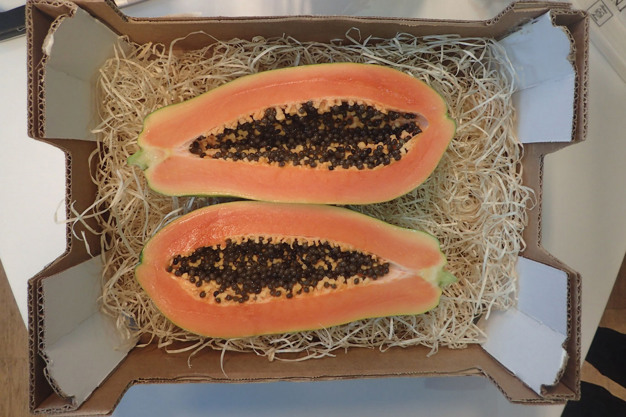
Though Torres Fresh imports papaya from countries Mexico and Colombia, Brazil remains this fruit's top country of origin. "Brazil cultivates as many as 27,000 hectares of papaya in different areas in the northeast and southeast. They only export 3.5% of that because Brazilians eat papaya like the Dutch eat apples." Compared to other overseas producers, Brazil is competitive mainly because of cheaper air freight costs. "There are many domestic flights to Europe with minimal alternatives for cargo used in the planes' empty space, so Brazil is one of the most competitive air cargo options in South America," says Fabrico.
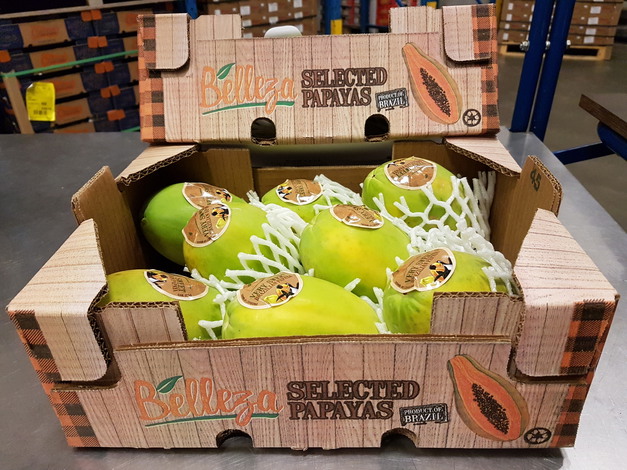
There is more competition from southern Europe, where the Canary Islands has more than 350 hectares and southern Spain more than 100 hectares currently under papaya. "These areas will expand their European market share in the coming years. That cultivation is still quite new, but they'll keep improving their varieties and growing techniques. These new cultivation areas also offer possibilities for us. For example, this year, we have satisfactorily expanded our lime assortment with Spanish limes, and there are papaya cultivation investment opportunities."
Flying in exotics has stirred social emotions, yet the importer remains committed to this mode of transportation. "We've done many tests with sea freight, but that ultimately comes at the expense of product quality and consistency. The anti-air freight sentiment is supported by strong marketing, but many papayas are flown on passenger flights. They're also flown in on cargo planes," Fabrico explains.
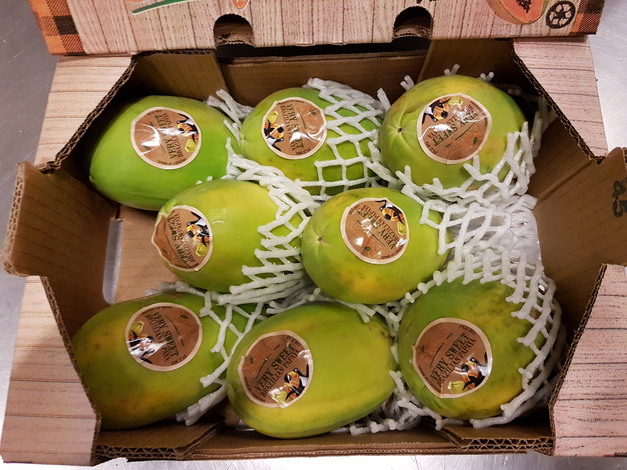
"Those planes are hired to carry any product that pays the return cost. Those flights continue, regardless. So, I happily enter into the discussion about air cargo imports' sustainability. Imagine that each plane has between 20 and 30 tons of space available; once we fill that space with fruit, we share that flight's cost, allowing for more competitive passenger ticket prices and increasing international business and logistics efficiency."
"Papayas' health benefits boost consumption. Its high calcium, phosphorus, iron, and vitamin content means demand for it keeps growing. More and more Europeans are learning about papaya. The average consumption per household is still low, but we're seeing continuous growth. We sell papaya under our Belleza brand, which includes a combined package of a Tahiti lime and Golden papaya, both of which are fair trade produced," Fabrico continues.
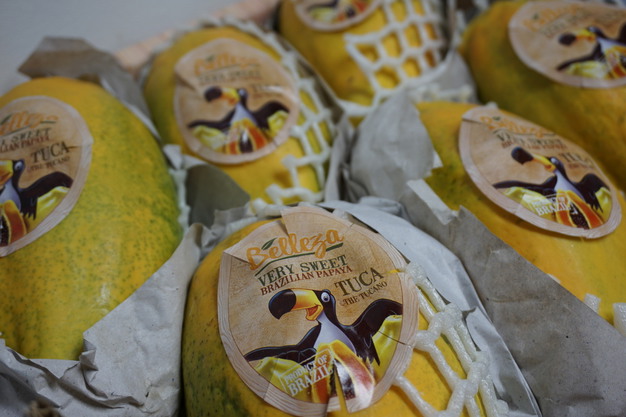
About 50% of Torres Fresh's papayas find their way to the retail channel; the rest goes to the hospitality and wholesale sectors. "The biggest demand comes from southern European countries. Spain leads the way, but our papaya market is growing nicely in Italy, France, and Germany, too. And although not always by pallets, we also increasingly sell papaya in the Scandinavian countries, the Balkans, and Eastern Europe. Exotics like avocados and mangoes were more quickly established on the European market. Papayas are still far from being a commodity, but sales are rising continuously. That gives us confidence in the papaya market."
"Despite El Niňo, Brazil's crop looks good this year. Though temperatures were higher, quality and yields should be good in the largest growing areas," says Torres. "Those are in the southeast of the country. Our strength is that we're present in all the main production regions. These may be 1,500 kilometers apart, but that lets us spread the risks and always offer the best available product. The Brazilian sector, and that country's government, is investing heavily in new technologies and varieties."
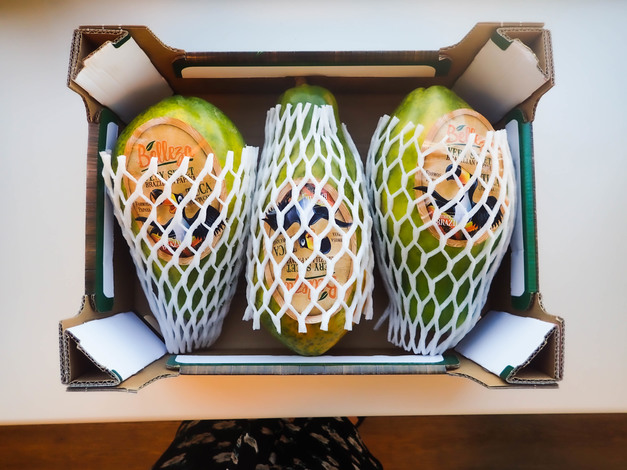
"Papaya sales usually peak from December to March, when there's little European fruit on the market. The current market is quite stable, but that can change week to week. For example, there was a sudden shortage of Golden papaya in early September. The cold nights meant they weren't ripe enough to harvest. Prices, thus, skyrocketed," Fabricio concludes."
Fabrício Torres
Torres Tropical Fresh
Koopliedenweg 3
2991 LN Barendrecht
+ 31(0)10 34 09 969
fabricio@torrestropical.com
www.torrestropical.com
